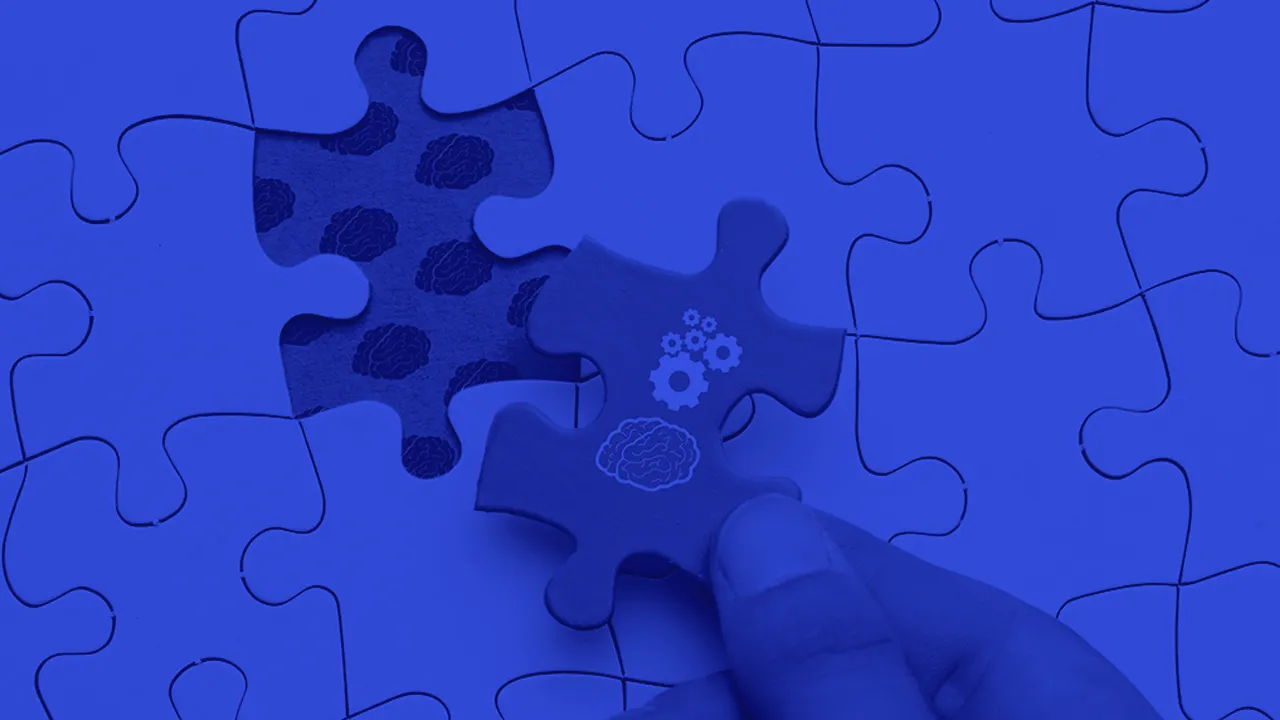Aphasias are a group of language disorders affecting a person’s communication ability.
Aphasias are caused by damage to the brain’s language centers, which can occur due to various reasons, such as stroke, traumatic brain injury, or degenerative diseases like Alzheimer’s. Aphasias can be classified into different types based on the affected language skills.
Broca’s aphasia, or non-fluent aphasia, is a type of language disorder affecting a person’s speech ability. People with Broca’s aphasia struggle to form complete sentences and may speak in short, choppy phrases. They may also struggle to find the right words to express their thoughts. However, their language comprehension is relatively intact, and they can understand what others are saying to them.
Symptoms of Broca’s Aphasia:
Wernicke’s aphasia, also known as fluent aphasia, is a type of language disorder that affects a person’s ability to understand language. People with Wernicke’s aphasia may speak fluently, but their speech may be nonsensical and difficult to understand. They may also have difficulty comprehending what others are saying to them.
Symptoms of Wernicke’s aphasia:
Treatment for Wernicke’s aphasia involves speech therapy, which focuses on improving the person’s ability to understand language. In addition, therapy may include exercises to improve word retrieval and comprehension and techniques to improve reading and writing skills.
Global aphasia is a type of language disorder that affects all aspects of language, including speaking, understanding, reading, and writing. People with global aphasia may have difficulty communicating in any form, and their speech may be limited to a few words or phrases.
Symptoms of Global Aphasia:
Treatment for global aphasia involves speech therapy, which focuses on improving all aspects of language. Therapy may include exercises to improve speech production, comprehension, reading, and writing skills.
Anomic aphasia is a type of language disorder that affects a person’s ability to name objects or people. People with anomic aphasia may have difficulty finding the right words to describe things or people, even though they may be able to speak fluently and understand language.
Symptoms of Anomic Aphasia:
Treatment for anomic aphasia involves speech therapy, which focuses on improving word retrieval skills. In addition, therapy may include exercises to improve the person’s ability to name objects or people and techniques to improve overall language skills.
Primary progressive aphasia is a type of language disorder caused by degenerative diseases like Alzheimer’s. This disorder affects a person’s communication ability, and the symptoms worsen over time.
Symptoms of Primary Progressive Aphasia:
Treatment for primary progressive aphasia involves speech therapy, which focuses on improving all aspects of language. Therapy may include exercises to improve speech production, comprehension, reading, and writing skills. In addition, medication may be prescribed to slow the progression of the disease.
Aphasias are a group of language disorders that can significantly impact a person’s communication ability. Various factors, including stroke, traumatic brain injury, or degenerative diseases like Alzheimer’s, can cause these disorders. The specific type of aphasia a person has will determine the symptoms they experience and the treatment options available to them. Speech therapy is the primary treatment for aphasias, and it focuses on improving all aspects of language, including speaking, understanding, reading, and writing skills. With proper treatment, many people with aphasias can enhance their communication ability and lead everyday lives.

Comments are closed.